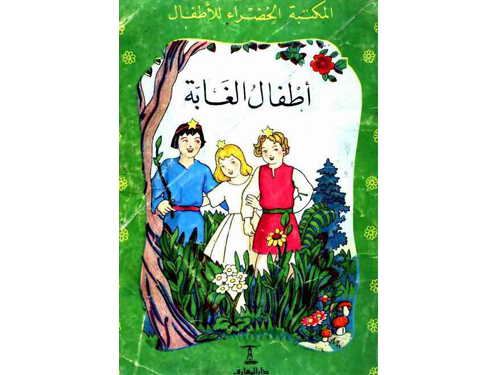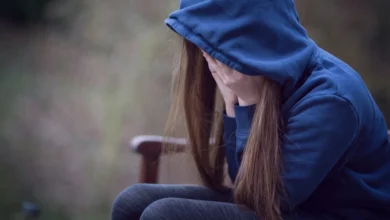
In the US and UK, the word “translation” is often an instant buzz-kill for publishers. Most consider translation synonymous with “challenging,” and thus a turn-off for the average reader. Only 2-3 percent of all English books published every year are translated from other languages. The percentage of children’s books is certainly much smaller.
In the Arabic-reading world, however, the opposite is true. Most Arabic children’s books are translations. And yet “translation” can still be a dirty word. In Egypt, translation is often synonymous with the overwhelming mass of Mickey Mouse, Barney, and Dora books on the market.
Rehab Bassem, of leading children’s-book publisher Dar al-Shorouk, estimates that only 20 percent of their children’s fiction is translated from other languages. But closer to 75 or 80 percent of their nonfiction is translation. Balsam Saad, who founded Dar al-Balsam and Egypt’s first children’s bookstore, publishes primarily translations. In the store, she estimates that she carries a 50-50 split between original Arabic work and work in translation.
If we include Disney and other character-driven books published in Egypt, the percentage of works in translation is probably much higher. Indeed, children’s book authors and publishers often complain that translations are so numerous that they stifle local production.
Many Egyptian children know about J.K. Rowling and Stephanie Meyer, but few are devoted fans of Arab authors. Even award-winning Egyptian children’s-book authors like Rania Hussein Amin, and Afaf Tobbala, and children’s book illustrator Walid Taher, don’t have the name recognition of foreign authors. That has kept local talent from flourishing.
Zayna al-Jabri, a children’s book distributor in the UAE, says that this phenomenon doesn’t just affect Egypt. Around Arab countries, the “massive influx of translated work … can often overshadow books originally written in Arabic.” This makes it difficult for Arab authors to “find their shelf space.”
A few initiatives, such as the million-dirham Etisalat Prize for Arabic Children’s Literature, aim to change this. But for the time being, however, translations still dominate children’s literature in Egypt.
This is particularly true, according to Saad, because Egypt’s educational system “is not so great yet.”
“So you want to expose them to so many things,” she said. “You want to expose them to so many things from around the world.”
However, translating great children’s books from around the world is exceptionally difficult. Dr. Seuss, for instance, is a delightful read in English because of his playful, inventive prose. Most likely, a direct translation into literary Arabic would leave a child cold.
“I think picture books are harder [to translate] because every word counts,” Saad said. She added that chapter books are longer, of course, but “then there is a flow, and you are just respecting the flow after a while.” With picture books, on the other hand, “things need to be completely right, every word.”
Picture books sometimes also require visual translation.
Leading Lebanese children’s book author and translator Fatima Sharafeddine said that images are frequently changed when books are published in Arabic translation. For instance, she said, a raven spitting in a bowl of spaghetti was changed by her Arab publisher to a raven sitting in the bowl.
Saad said that she also has made changes to illustrations “in translation,” but that her changes were so subtle that you would not notice them on your own. “If it’s a boy and he’s wearing a very short swimsuit, it doesn’t matter – it won’t hurt the book to make it slightly longer.”
Dar al-Balsam, like Doha-based Bloomsbury Qatar, has relied heavily on translations in their start-up period. Other major publishers of children’s literature, UAE-based Kalimat, Lebanon’s Dar Asala, and Egypt’s Dar al-Shorouk, have found a few flagship Arab authors. But all this high-quality work must compete with cheap and numerous translations.
“There’s no screening,” Sharafeddine said. “Publishers want to translate pop characters like Barney and Dora, to sell the child hooked on TV programs of these characters.”
This is not so for publishers like Dar al-Balsam. Saad said that, when she looks for translations, she wants to find books filled with “inspiration and hope.” She said she wants to bring children the ability to “be and do all that they can dream of.”
But she does not want her publishing house to stop at just offering translations.
“We have a challenge finding new authors and helping them, assisting them, discovering them. Finding good texts so far has not been very easy. I do trust that there’s lots of local talent, but we have not put our hands on it yet.”
She believes that there are many good Egyptian authors and illustrators out there waiting to be discovered.
“It’s not impossible” to find them, she said. “But it’s challenging.”




